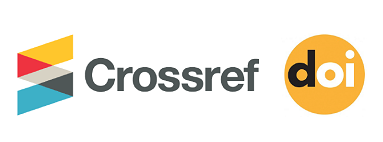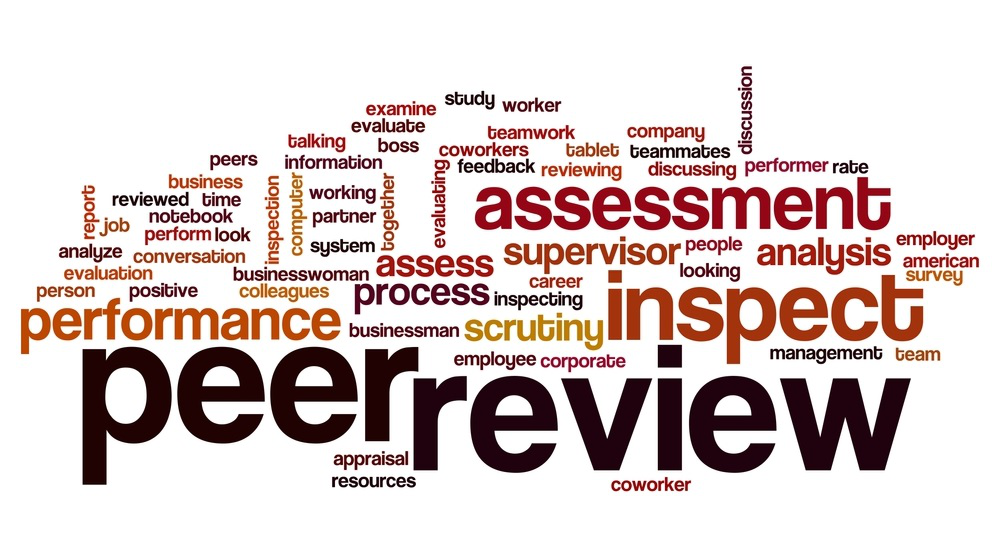AI-Enhanced Performance Optimization for Microservice-Based Systems
DOI:
https://doi.org/10.69987/JACS.2024.40901Keywords:
Microservice Architectures (MSAs), Reinforcement Learning (RL), Predictive Analytics (PA), Evolutionary Algorithms (EA), Resource Optimization, KubernetesAbstract
Microservice architectures (MSAs) have revolutionized software development by offering flexibility, scalability, and resilience through the decomposition of applications into loosely coupled services. However, resource management and performance optimization in MSAs remain challenging due to dynamic workloads and complex interdependencies. Traditional approaches, such as static provisioning and rule-based scaling, struggle to handle these challenges efficiently, often leading to over-provisioning or under-provisioning of resources. In this paper, we propose an AI-driven optimization framework that integrates reinforcement learning (RL), predictive analytics (PA), and evolutionary algorithms (EA) to dynamically manage resources in microservices environments. The proposed framework anticipates workload changes, optimizes resource allocation in real-time, and continuously adapts to evolving system conditions. Our empirical evaluation, conducted on a Kubernetes-based microservice platform, demonstrates significant improvements in performance and resource efficiency compared to conventional methods like Kubernetes' Horizontal Pod Autoscaler (HPA). The AI-driven system achieves up to a 27.3% reduction in latency during traffic surges and improves throughput by 25.7%, while also reducing CPU and memory usage by up to 25.7% and 22.7%, respectively. These results suggest that AI-driven optimization offers a scalable and efficient solution for managing microservices in highly dynamic environments.
Downloads
Published
Issue
Section
License
Copyright (c) 2024 © 2024 Journal of Advanced Computing Systems (JACS). All rights reserved. Authors retain copyright and grant JACS right of first publication under a Creative Commons Attribution License.

This work is licensed under a Creative Commons Attribution 4.0 International License.











